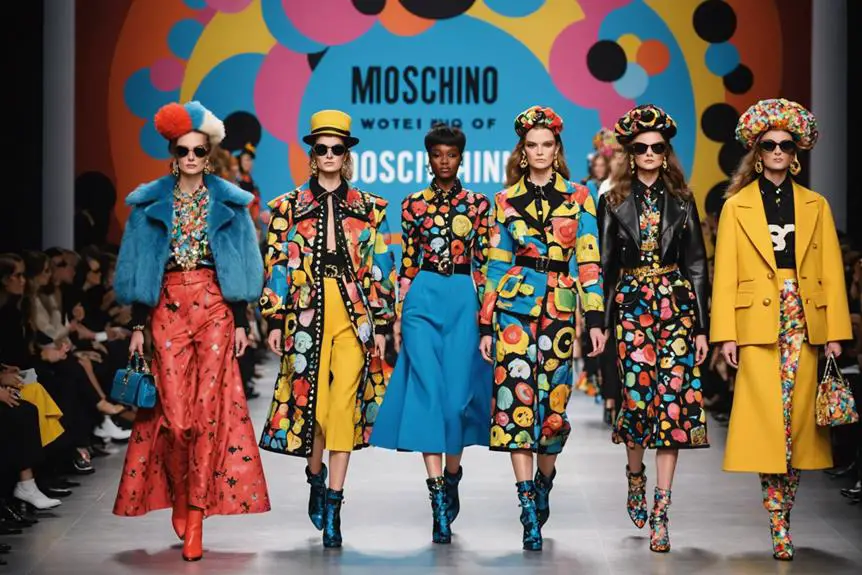Ryoji Shoda, the Vice President of Onitsuka Tiger, discusses the brand’s history, strategy, and commitment to sustainability in a recent interview.
Onitsuka Tiger, a globally recognized sneaker brand with a rich heritage spanning 75 years, continues to captivate a diverse range of consumers through its unique blend of style, functionality, and innovation. Ryoji Shoda, the Vice President of Onitsuka Tiger since 2011, recently detailed the brand’s strategy and evolution in an interview with ET Brand Equity, highlighting key turning points that have solidified its position in the competitive sneaker market.
The brand’s iconic “tiger stripes,” originally designed to provide extra support for athletes, symbolize Onitsuka Tiger’s commitment to high-performance footwear. Shoda emphasized the brand’s dedication to not just meeting current trends but also anticipating future consumer needs. “We always strive to combine style, functionality, and our sports heritage, creating products that exceed expectations both functionally and emotionally,” he stated.
A significant shift in Onitsuka Tiger’s strategy was the decision to sell exclusively through its own retail outlets, rather than through multi-brand stores. This move, aimed at preserving the brand’s unique identity, has allowed customers to fully experience the brand’s vision without any dilution. Shoda noted that aligning values with partners is crucial, as the brand seeks collaborations that respect its heritage and commitment to functionality. Recently, luxury brands have expressed interest in partnering with Onitsuka Tiger, and the company is selective in choosing collaborators that align with its ethos.
Sustainability is another cornerstone of Onitsuka Tiger’s brand philosophy. The launch of the CACTFUL™ range, which incorporates synthetic leather made from Mexican cactus, demonstrates the brand’s commitment to eco-friendly products. This initiative took over a year to develop and showcases a blend of aesthetic appeal and environmental consideration. The production methods employed target a reduction in environmental impact while maintaining the brand’s iconic design elements.
Despite its Japanese origins, Onitsuka Tiger has achieved substantial global sales and recognition, partly due to its participation in major fashion events like Milan Fashion Week. Shoda expressed pride in how these efforts have positioned the brand alongside other iconic Japanese designers on the international stage.
The brand has experienced a surprising response from a more mature demographic in India, expanding its appeal beyond the primarily younger audience aged in their 20s. “I think this is more of a pleasant surprise because while our main focus has been on a younger demographic… seeing the response from a mature audience is really encouraging,” Shoda remarked. The combination of the brand’s rich history and contemporary innovations appears to resonate with a broader age spectrum, allowing Onitsuka Tiger to maintain its relevance in the ever-evolving sneaker industry.
With plans to continue adapting to modern trends while nurturing its legacy, Onitsuka Tiger’s focus remains on timeless design and versatile offerings that cater to consumers across generations.
Source: Noah Wire Services




